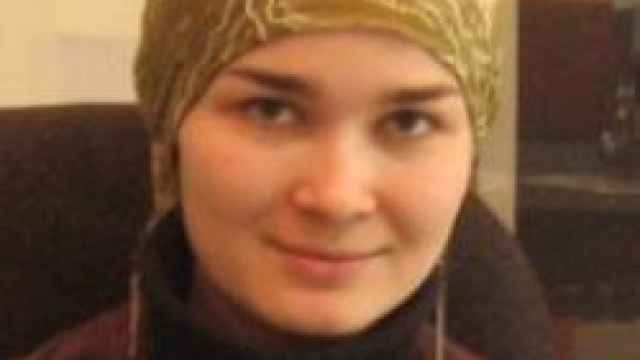
Madina Kalimullina
Deputy Head of International Relations and Head of Economic Programs Office
Russia Muftis Council
Islamic finance seems to be starting to be implemented in Russia, although by very careful steps. The potential size of the market has received various estimates, from a modest 10 percent of the practicing Muslims to the whole ethnic Muslim population of more than 30 million, or even more. However, it is understood by experts that the demand of the population would definitely not be the leading factor in the development of this sphere: It is more about business preferences with regard to ethical aspects.
There is no doubt that the near future will witness rapid development of the industry. Already a number of Russian companies like Linova, Safinat and Islamic Finance House are half way through starting new Islamic finance projects.
In this regard, development has started recently on a lot of new programs and beginnings. Among them are educational programs, expert organizations and working groups within different state and nongovernmental organizations.
In October 2009, the Moscow International Higher Business School, Mirbis, was the first educational institution to introduce a short-term course on Islamic Finance, following the objective to meet the high level of interest from the business audience in the industry. The course showed that there is much interest in studying Islamic finance in Russia regardless of religious beliefs. Accordingly, some state universities are going to introduce Islamic finance disciplines within master programs.
It is not only the business education that is being developed. Already two imams from Russia have obtained the sharia-expert certificate (CSAA) in Bahrain, and others are in the process of upgrading their knowledge.
At the same time, the Russian Islamic finance professional business community is being formed. One of the examples of this is the working group on alternative (Islamic) financial institutions and products that grew into the Russian Association on Islamic Finance Experts in 2010. A number of business and trade unions have been formed in the Tatarstan republic.
In May this year, two sharia standards were translated and published in the Russian language. These are sukuk and
murabaha, the most-used Islamic finance transactions by the Islamic finance institutions around the world. The other standards on takaful (Islamic insurance), ijara and mudaraba are to be published in the near future.
It is to be expected that Russia, although having a centuries-old history of Islam, will hardly follow the way of its neighbor Kazakhstan, whose President Nursultan Nazarbayev made a decisive political contribution to the development of the Islamic finance industry.
However, at the same time, strengthening economic ties with Middle Eastern countries is another important incentive for the industry. The Islamic bankers from the Gulf and other Arab and Muslim countries find Russia an attractive and promising market given the guarantees for investors and partners. Islamic finance at the moment is seen as one of the most reliable ways of cooperation and hence is becoming one of the bridges uniting Russia to the rest of the Muslim world.
During the last 12 months Russia has been visited by many international experts specializing in Islamic finance or representing Islamic finance institutions, including Islamic banks from Malaysia, Indonesia, Bahrain, Kuwait, Turkey, France, the United Kingdom and others.
The foreign experts point out that the main requirements for the development of Islamic finance in Russia are: speeding up the process of document registration; improving the understanding of Islamic finance on the part of the authorities responsible for policy on taxation and financial regulation; formulating a special law to attract Islamic investors to the country; and overcoming the legacy of the Soviet mindset as a whole, where the culture of business and service is new and needs to be cultivated further.
It should be noted that Islamic finance should not be regarded as separate from the real sector of the economy, that is why what is on the agenda is the halal industry representing all spheres where Islamic investment can be made.
A Message from The Moscow Times:
Dear readers,
We are facing unprecedented challenges. Russia's Prosecutor General's Office has designated The Moscow Times as an "undesirable" organization, criminalizing our work and putting our staff at risk of prosecution. This follows our earlier unjust labeling as a "foreign agent."
These actions are direct attempts to silence independent journalism in Russia. The authorities claim our work "discredits the decisions of the Russian leadership." We see things differently: we strive to provide accurate, unbiased reporting on Russia.
We, the journalists of The Moscow Times, refuse to be silenced. But to continue our work, we need your help.
Your support, no matter how small, makes a world of difference. If you can, please support us monthly starting from just $2. It's quick to set up, and every contribution makes a significant impact.
By supporting The Moscow Times, you're defending open, independent journalism in the face of repression. Thank you for standing with us.
Remind me later.

